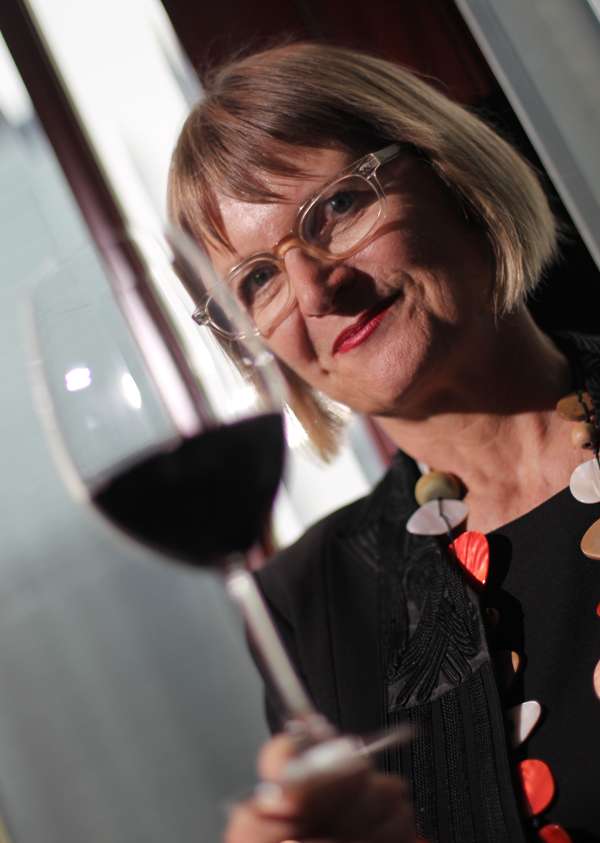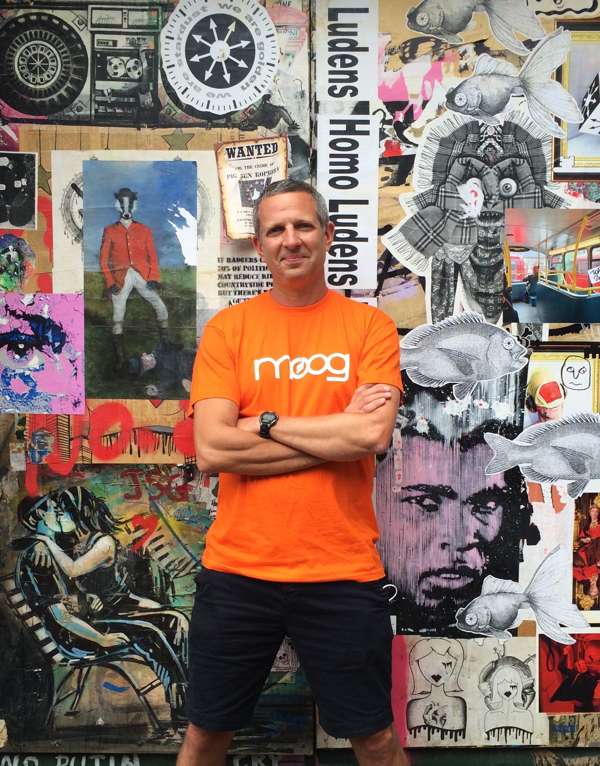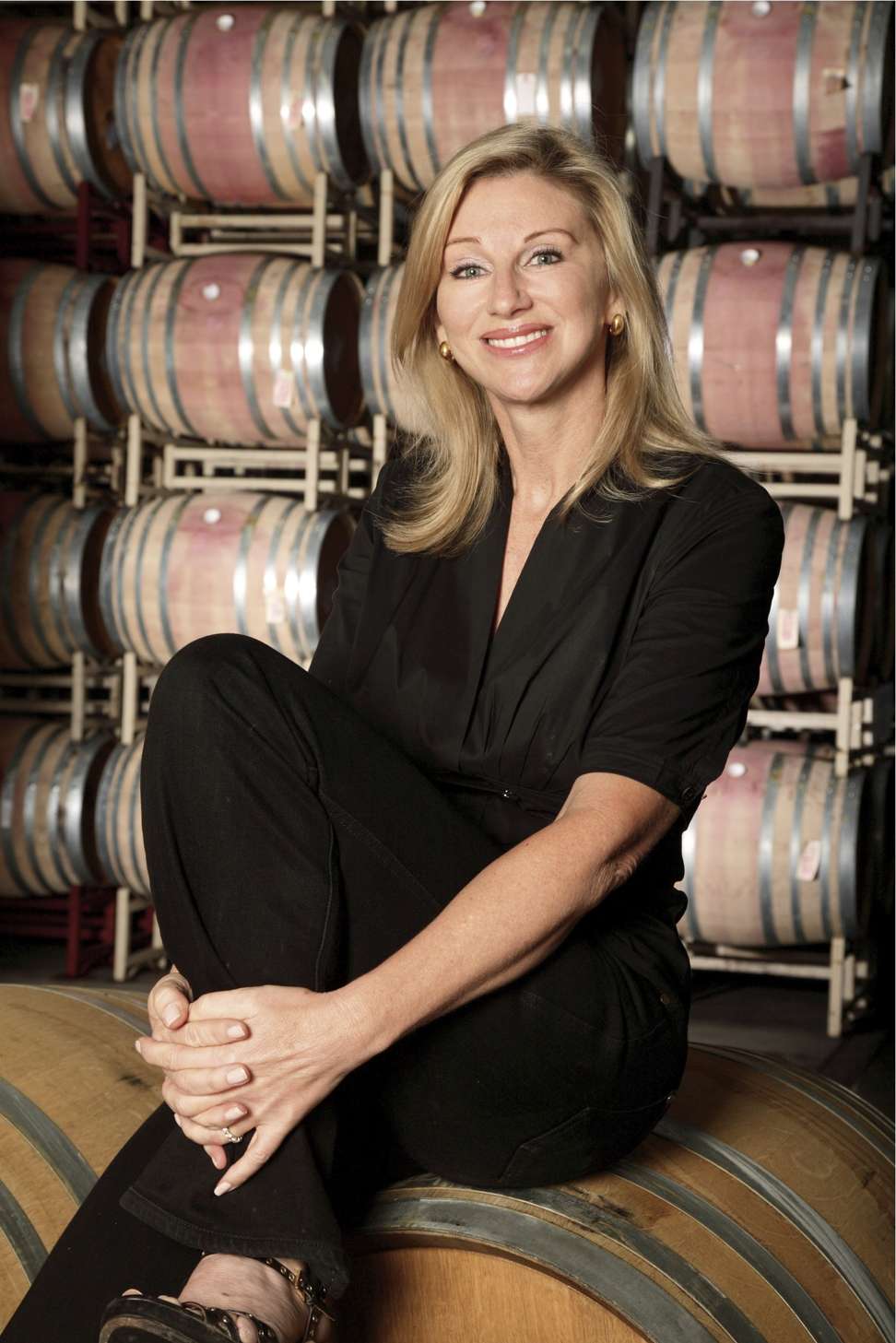
Career opportunities for freshly graduated Masters of Wine
Hong Kong’s Debra Meiburg set up a wine events and communications business but auction houses such as Christie’s and Sotheby’s, supermarkets and classic wine merchants also can offer jobs
The path for a newly qualified master of wine is not obvious but a look at those who have gone before can be instructive.
The Institute of Masters of Wine was initially developed to certify members of the wine trade, ie people whose primary business is selling wine, not making it, writing or educating people about it. The first “non-trade” master of wine (and probably the best known), writer Jancis Robinson, was only admitted in 1984, 31 years into the institute’s history.

Another option in cities with centuries-old wine trades, such as London, would be with classic wine merchants including Berry Brothers& Rudd (BB&R), Corney & Barrow, and Justerini & Brooks. Familiarity with a broad range of styles, as well as the classics, is key, especially with BB&R, which has expanding its scope to include Chinese wines from Ningxia and even Liaoning.
Another familiar port of call for the new MW would be the auction houses, with Christie’s, Sotheby’s and Zachys still very much in the game to attractbuyers intent on bidding up the price of top Bordeaux and Burgundy.
There are some more out-of-the-box role models, such as Tim Wildman from the UK, who has made a business out of ushering both wine trade professionals and wine enthusiasts (separate trips) to the doors of some of the coolest up-and-coming wine producers in Australia, as well as the old-school classics (such as Penfolds and Henschke).


Nothing wrong with this eclectic mix but it does make explanations difficult when asked what you do, and your answer to “what are you going to do with it” lacks punch. Oh well, I have at least another six months to figure it all out; it was probably always going to be more of a journey than a destination anyway.
Sarah Heller is a Hong Kong-based wine writer and the author of Diary of a Master of Wine Student
